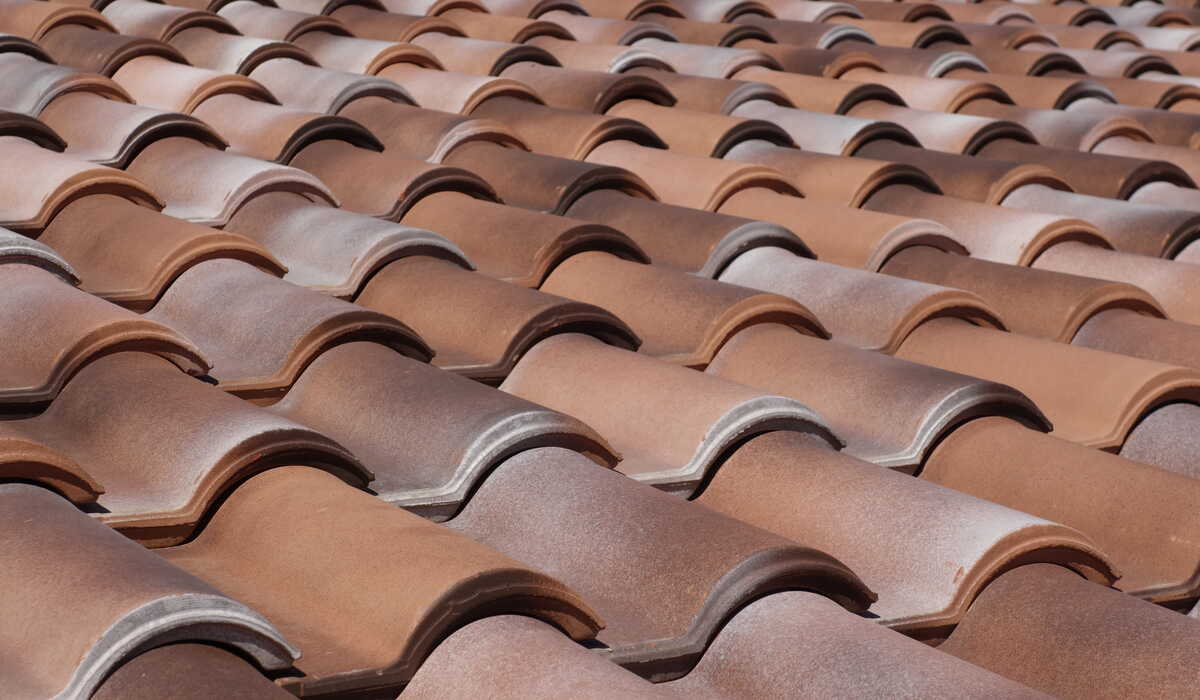Maintaining a structurally sound and watertight roof is crucial for the protection and longevity of your home. One essential aspect of roof maintenance that often goes overlooked is roof repointing. Repointing a roof involves fixing cracks and breaks in the roof tiling, which not only enhances the strength and structure of your roof but also prevents potential water leaks and damage. Here, we will understand the significance of roof repointing, the signs indicating your roof needs repointing, and why you should consider this essential maintenance task.
What is Roof Repointing?
Pointing is made of mortar and hardened concrete. In older homes, the points are usually made of cement, which is not very flexible and often cracks over time, letting rain in and letting leaks happen. Modern homes are also mostly made of bendable points that are better at withstanding extreme weather. When the weather changes, the pointing material stretches and shrinks.
It is important to keep roof tiles facing in a certain direction to stop leaks and protect against strong winds. Ridge pointing is not meant to make the ridge topping waterproof, but it does help keep water from getting in.
It is important to keep roof tiles facing in a certain direction to stop leaks and protect against strong winds. Ridge pointing is not meant to make the ridge topping waterproof, but it does help keep water from getting in.
To protect the tiles underneath, you must either point or cover every uncovered tile surface with a protective grout. It is made of a cloth that does not stretch. Most houses built today are made of flexible materials that are better at withstanding extreme weather but wear out slower.
Repointing is the process of putting new mortar between roof tiles. Repointing a roof is more than just a quick and easy way to fix a broken roof. It is a great way to keep your roof in good shape for longer and save hundreds of dollars on repairs.
Signs Your Roof Needs Repointing
Determining when your roof requires repointing is crucial for preventing further damage. Here are some signs to look out for:
- Loose Ridge Tiles: If you notice ridge tiles that are no longer firmly attached to the roof, it's a clear sign that repointing is necessary.
- Broken Ridge Capping: Cracked or broken ridge capping can allow water to seep into the roof structure, leading to potential leaks and damage.
- Shifted Ridge Capping: If ridge capping tiles have gone out of their proper position, it can create gaps in the roof structure, leaving it vulnerable to leaks and weather damage.
- Missing Ridge Tiles: Missing tiles not only compromise the appearance of your roof but also expose it to potential water infiltration.
- Water Leaks: If you notice water stains or leaks on your ceiling, it could be a sign that the mortar between your roof tiles has deteriorated, allowing water to penetrate your home.
Why Should You Repoint Your Roof?
Roof repointing offers several compelling benefits that contribute to the overall health and longevity of your home:
- Preventing Water Infiltration: One of the primary reasons for repointing is to maintain a watertight barrier on your roof. Cracks and gaps in the mortar can allow water to penetrate, leading to leaks and subsequent damage to your property's interior.
- Mould Prevention and Structural Integrity: Water leaks from compromised mortar can lead to mould growth, posing health risks and damaging your home's structural integrity. Repointing helps prevent these issues, safeguarding both your health and your home's value.
- Protecting Insulation and Wiring: Water infiltration due to deteriorated mortar can damage insulation materials and electrical wiring in your attic or ceiling, potentially leading to costly repairs.
- Reviving Your Roof: Repointing not only addresses functional issues but also revitalises the appearance of your roof. Fresh mortar can significantly improve the aesthetic appeal of your property, enhancing its curb appeal.
Conclusion:
Roof repointing is a vital aspect of roof maintenance that ensures the structural integrity of your home and protects it from the damaging effects of water infiltration. If you observe any of the signs mentioned above, it clearly indicates that your roof needs repointing. By addressing these issues promptly, you can prevent further damage, mould growth, and potential risks to your home's structure and your family's health. Moreover, repointing breathes new life into your roof, revitalising its appearance and adding to the overall value of your property.








